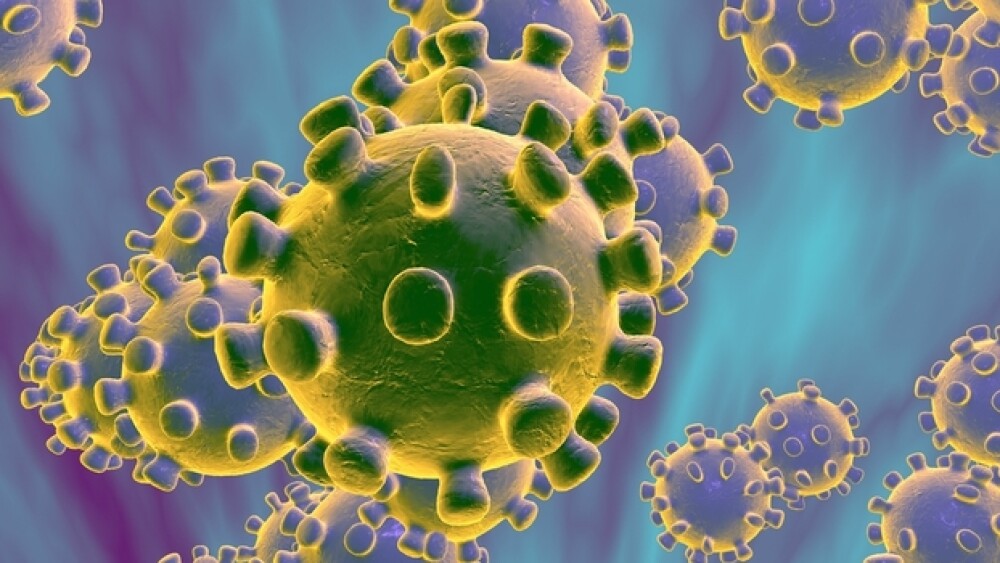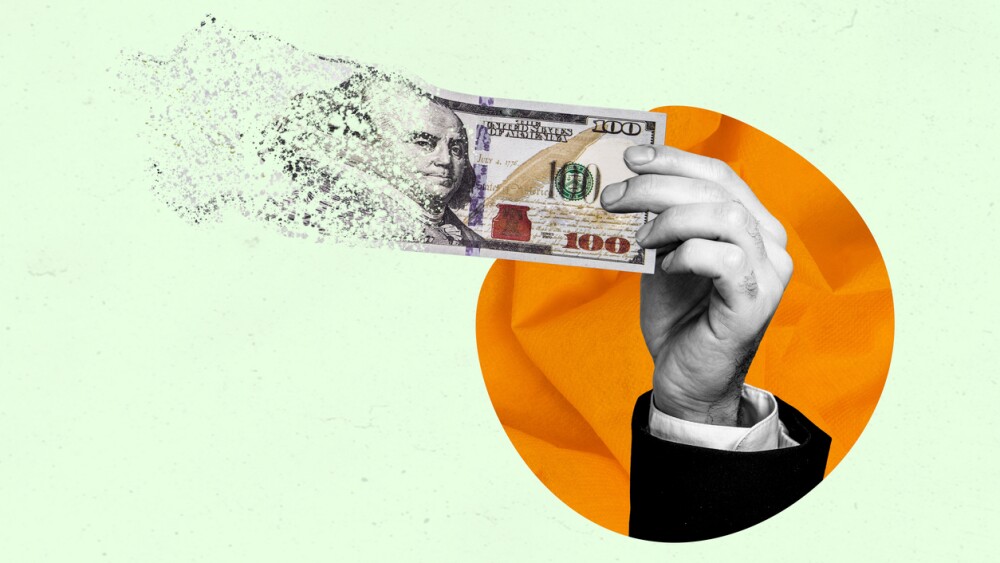The lead antibody’s ability to neutralize the SARS-CoV-2 live virus has been confirmed in two different laboratories.
San Francisco-based Vir Biotechnology indicated it has identified several human monoclonal antibody (mAb) candidates against SARS-CoV-2, the virus causing COVID-19. In the interest of saving time, the company’s lead development was transferred to WuXi Biologics and Biogen several weeks ago with human trials likely to begin in the next three to five months.
The lead antibody’s ability to neutralize the SARS-CoV-2 live virus has been confirmed in two different laboratories. It binds to an epitope—the specific part of an antigen molecule on the virus—on SARS-CoV-2 that is also seen on the SARS-CoV-1 virus that causes SARS. This means the antigen is highly conserved and less likely to disappear should the viruses mutate or develop resistance to the antibody.
The company engineered the Fc region of the antibody in two ways. First, they altered it so it would have a longer half-life and second, they made a change that increases short-term potency. In animal tests this generated protective CD8+ T-cells that have the potential to offer long-term immunity.
The lead candidate is being manufactured with and without the vaccinal mutation. The company plans to conduct human clinical trials on both versions. It has also discovered additional antibodies that bind to other sites on the virus, would have the potential for use in combination with the lead candidate.
“We are pleased with the rapidity of our progress and excited to move two development candidates into human testing as soon as possible,” said George Scangos, chief executive officer of Vir. “Stopping this disease will take a combination of prevention and treatment approaches. At Vir, we are fortunate that our existing antibody platform gave us a running start against COVID-19, and we have the internal and partnered capabilities to work on multiple approaches.”
Vir cites four possible uses of the antibodies. First, for prevention of disease. For example, in health care workers at high risk of becoming infected, or for people at high risk of severe disease or death. Second, to prevent progression of the disease in infected patients during the early phases. Third, for treatment of severe disease. And fourth, to develop vaccines.
Vir is also working with Alnylam Pharmaceuticals to develop possible RNAi therapeutics and to use its Innate Immunity Platform to develop small molecule drugs to interrupt the COVID-19 disease process.
Vir says its “long-term goal is to identify pan-coronavirus antibodies that could be effective against most or all coronavirus outbreaks. Vir has used this same approach in the discovery and development of VIR-2482, a pan-influenza A antibody that the company is developing for the prevention of influenza A.”
“We are rapidly progressing our anti-SARS-CoV-2 antibody program, including building the necessary infrastructure and partnerships to proceed with clinical development and manufacturing this year,” said Herbert “Skip” Virgin, chief scientific officer of Vir. “We expect to continuously generate data on these and additional high-priority antibodies, as well as from our efforts leveraging our siRNA and Innate Immunity platforms, until the COVID-19 pandemic is addressed.”
Dozens of companies are working on repurposing drugs, such as antivirals, to treat the disease and more than 40 vaccines are in progress.





